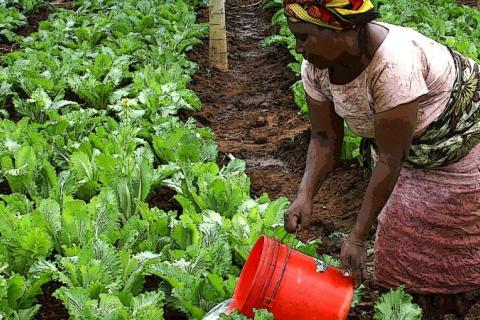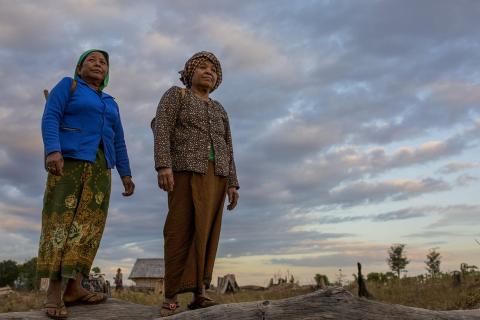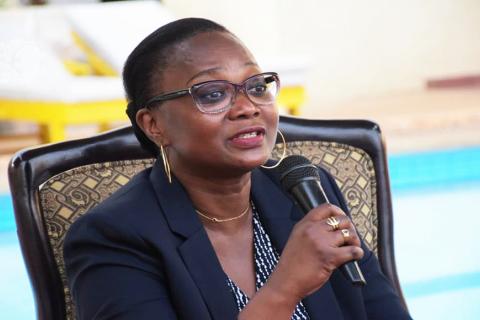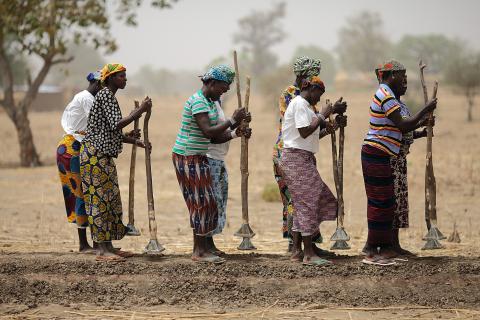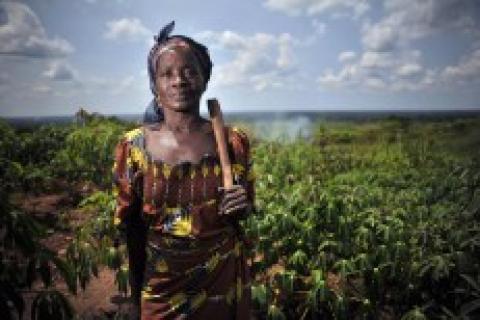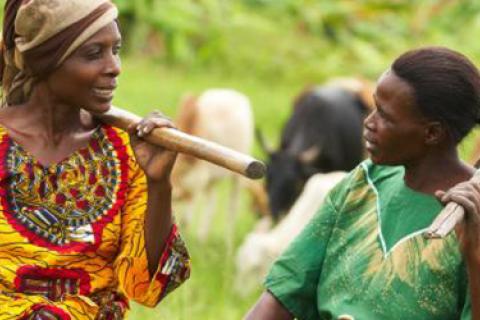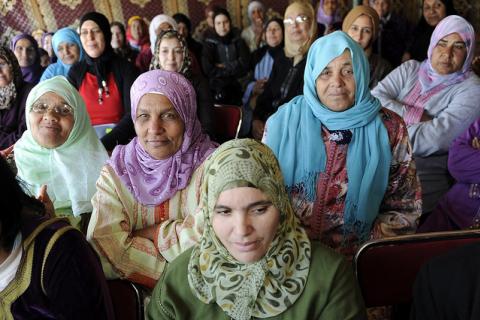Mali/ Femmes rurales: Difficile équation de l’accès à la terre
Date: 6 septembre 2019
Source: Mali-web.org
Par: AMK/MD
Au Mali, si l’Etat exige, dans ses projets de développement, de réserver aux femmes 10 à 15% des terres aménagées, au niveau national, cette mesure n’est pas très suivie dans les villages et hameaux, où c’est le droit coutumier qui prévaut.

